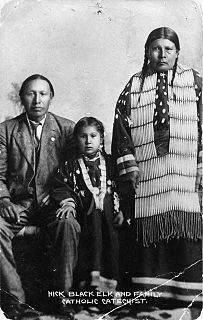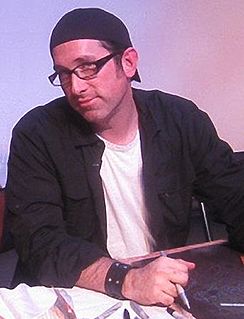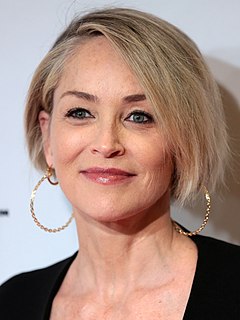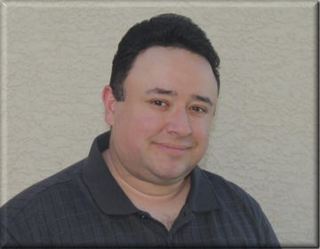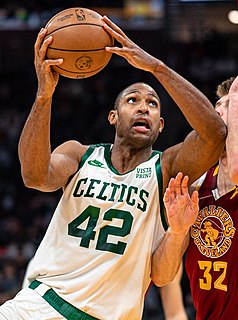A Quote by Paul Haggis
'Crash' came from personal experience. I saw things inside me from living in L.A. that made me uncomfortable. I saw horrible things in people and saw terrible things in myself. I saw a black director completely humiliated, but the three people around me just thought it was funny. 'No,' I said, 'that is selling your soul.'
Related Quotes
When I saw him look at me with lust, I dropped my eyes but, in glancing away from him, I caught sight of myself in the mirror. And I saw myself, suddenly, as he saw me, my pale face, the way the muscles in my neck stuck out like thin wire. I saw how much that cruel necklace became me. And, for the first time in my innocent and confined life, I sensed in myself a potentiality for corruption that took my breath away.
I was standing on the highest mountain of them all, and round about beneath me was the whole hoop of the world. And while I stood there I saw more than I can tell and I understood more than I saw; for I was seeing in a sacred manner the shapes of all things in the spirit, and the shape of all shapes as they must live together like one being. And I saw that the sacred hoop of my people was one of many hoops that made one circle, wide as daylight and as starlight, and in the center grew one mighty flowering tree to shelter all children of one mother and one father. And I saw that it was holy.
My mother didn't let me see color films. I saw a lot of black-and-white films. The first time I saw Basil Rathbone, I was completely taken. To me, that was the epitome of great acting, was Basil Rathbone - not only in Sherlock Holmes, but the Sheriff of Nottingham, and all the terrible characters he had to play alongside Errol Flynn.
I remember standing on a street corner with the black painter Beauford Delaney down in the Village, waiting for the light to change, and he pointed down and said, 'Look.' I looked and all I saw was water. And he said, 'Look again,' which I did, and I saw oil on the water and the city reflected in the puddle. It was a great revelation to me. I can't explain it. He taught me how to see, and how to trust what I saw. Painters have often taught writers how to see. And once you've had that experience, you see differently.





